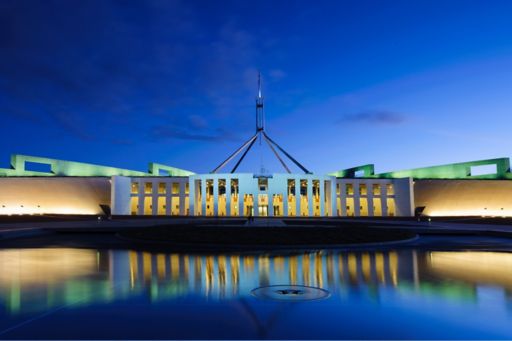As a leading professional services firm, KPMG Australia (KPMG) is committed to meeting the requirements of all our stakeholders – not only the organisations we audit and advise but also employees, governments, regulators – and the wider community. We strive to contribute in a positive way to the debate that is shaping the Australian economy and we welcome the opportunity to provide a submission to Treasury’s consultation paper Climate-related financial disclosure: Second consultation (the Consultation Paper).
KPMG’s first response to Treasury’s previous consultation paper Climate-related financial disclosure stressed the need for Australia to align our climate reporting requirements with the global baseline envisaged by the International Sustainability Standards Board (ISSB™). To this end, we welcome several proposals that align Australia to the International Financial Reporting Standards (IFRS®) Sustainability Disclosure Standards including aligning with the principles of financial materiality, the requirement to use qualitative scenario analysis to inform disclosures from commencement, and the requirement to disclose information about any climate-related targets and progress towards these targets.
KPMG welcomes the phased adoption of mandatory climate financial disclosures as it will balance capacity building while ensuring that a sufficient level of emissions in Australia is covered. In KPMG’s previous submission, we recommended that large, listed entities, significant financial institutions, entities with facilities covered by the Safeguard Mechanism, and entities providing critical infrastructure that is exposed to physical climate risks should be subject to the disclosure regime. We were pleased to see this approach largely adopted in the Consultation Paper.
Additionally, KPMG was pleased to see the proposal around disclosures being included in primary reports and the phased approach to assurance outlined in the assurance roadmap and timeline. Assurance plays an important role in enhancing the credibility of climate disclosures and can help identify instances of ‘greenwashing’.
Lastly, we welcome the proposal to leverage the Greenhouse and energy reporting audit framework[1] to ensure robust independence and quality management standards as outlined in our previous submission. There will need to be an industry-wide campaign developed in consultation with government to ensure enough assurers are registered with the scheme to allow business to meet the proposed assurance roadmap and timeline outlined in Table 3 of the Consultation Paper.













